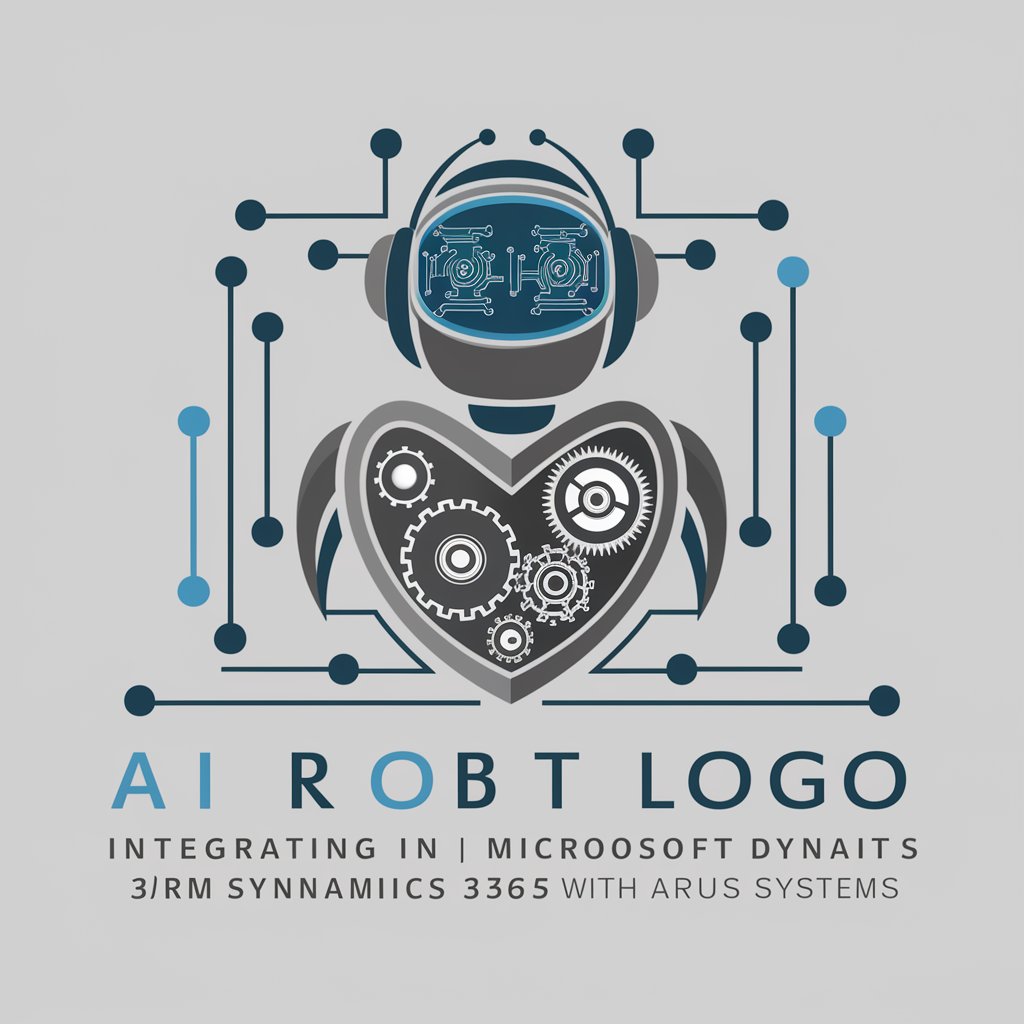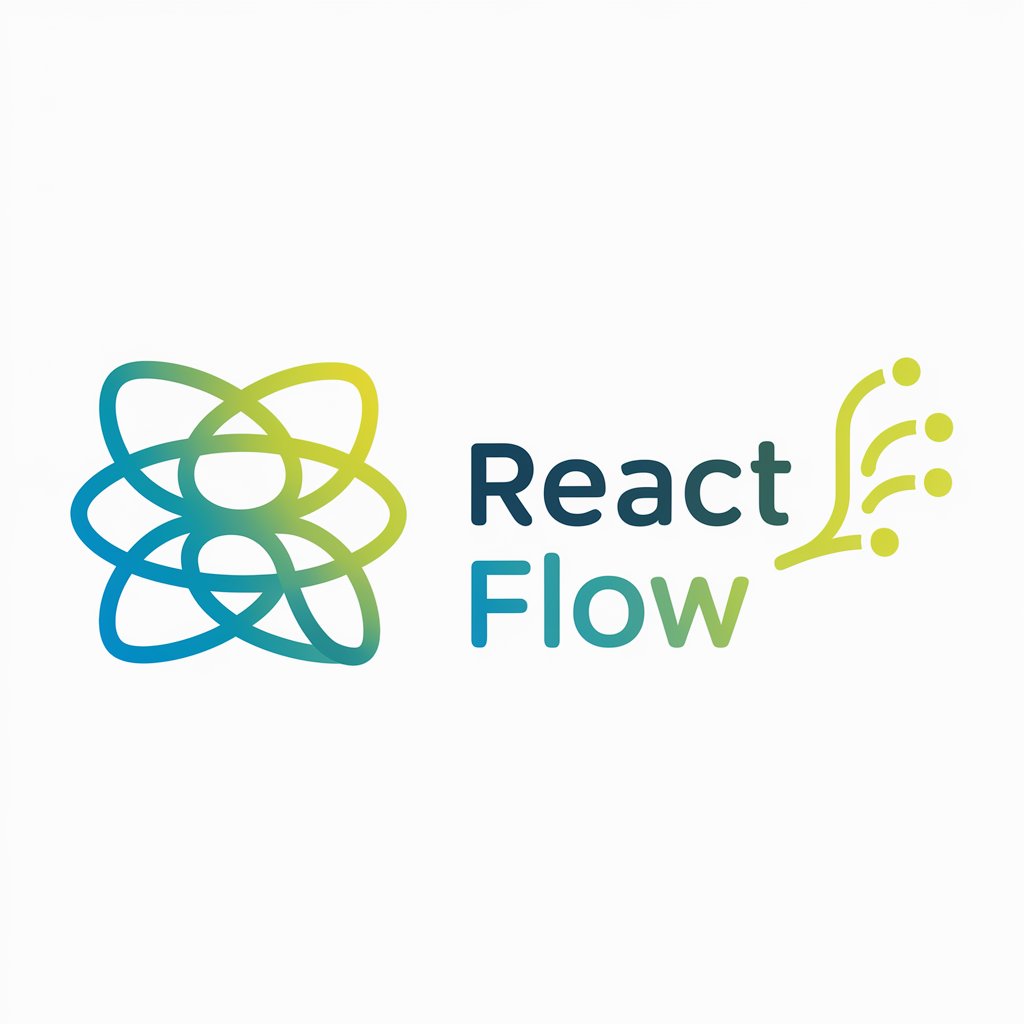6 GPTs for Data Mapping Powered by AI for Free of 2025
AI GPTs for Data Mapping are advanced tools built upon Generative Pre-trained Transformers technology, designed to aid in the visualization and interpretation of complex datasets. By leveraging the power of GPTs, these tools offer tailored solutions for a wide range of data mapping tasks, from simple chart generations to intricate data integration projects. Their relevance lies in their ability to process and analyze vast amounts of information, translating it into accessible and actionable insights. This makes them invaluable in fields where data is a crucial asset, streamlining the process of turning raw data into strategic knowledge.
Top 6 GPTs for Data Mapping are: Audit RGPD,MuleSoft Guru,Workato Error Assistant,🤖✨ Dynamics Integration Mastermind GPT,Sub Contracting Geolocate Expert,React Flow
Audit RGPD
Empowering GDPR Compliance with AI

MuleSoft Guru
Empowering Integration with AI

Workato Error Assistant
Streamlining Workato Error Resolution with AI

🤖✨ Dynamics Integration Mastermind GPT
Streamline Your Dynamics 365 Integration

Sub Contracting Geolocate Expert
AI-powered geographic intelligence at your fingertips

React Flow
Design interactive flows with AI

Key Attributes of Data Mapping AI Tools
AI GPTs for Data Mapping excel in adaptability, capable of handling tasks ranging from basic to highly complex data visualizations. Unique features include natural language processing for intuitive interaction, advanced analytics for deep data insights, image creation for visual data representation, and technical support to address user queries. Their capability to learn and adapt to new datasets ensures that these tools remain effective as data landscapes evolve, providing users with up-to-date solutions for their data mapping needs.
Who Benefits from Data Mapping AI?
The primary beneficiaries of AI GPTs for Data Mapping include data analysts, business intelligence professionals, and developers, as well as novices looking to make sense of data. These tools democratize data analysis, offering intuitive interfaces that require no coding skills for basic operations, while also providing advanced users with the flexibility to customize and integrate AI capabilities into more complex data systems.
Try Our other AI GPTs tools for Free
GDPR Training
Discover how AI GPTs for GDPR Training revolutionize learning and compliance, making GDPR principles accessible and manageable for everyone.
Web3 Strategy
Explore AI GPTs for Web3 Strategy to harness cutting-edge AI for blockchain insights, strategic analysis, and decision-making in the dynamic Web3 sphere.
Non-Native English
Explore AI GPT tools tailored for Non-Native English speakers, designed to bridge language gaps in technology with customized solutions for language learning, content creation, and more.
Mitigation Planning
Explore how AI GPTs enhance Mitigation Planning with tailored, data-driven strategies for risk reduction and sustainability. Ideal for professionals and novices alike.
Entomology Research
Discover AI-powered GPTs designed for entomology research, offering innovative tools for species identification, data analysis, and predictive modeling.
Hardware Fixes
Explore AI GPTs for Hardware Fixes: your AI-powered companion for diagnosing and solving hardware issues with ease and precision. Perfect for enthusiasts and professionals alike.
Further Perspectives on AI-Driven Data Solutions
AI GPTs for Data Mapping not only simplify the data analysis process but also empower users to uncover new insights, driving innovation across industries. Their integration into existing workflows enhances efficiency, while their evolving capabilities promise to keep pace with the accelerating growth of data, ensuring these tools remain at the forefront of data strategy development.
Frequently Asked Questions
What exactly is AI GPT for Data Mapping?
AI GPT for Data Mapping refers to the use of Generative Pre-trained Transformers to assist in converting raw data into structured, visually comprehensible formats, facilitating easier analysis and decision-making.
How do these tools adapt to different data mapping needs?
Through machine learning algorithms, they analyze the data and user requests to continuously improve and tailor their output, ensuring relevancy across various data types and mapping requirements.
Can non-technical users operate these tools effectively?
Yes, one of the key advantages is their user-friendly interface, designed to be accessible for users with little to no technical background, allowing them to perform complex data mapping tasks.
What makes AI GPTs stand out in data analysis?
Their ability to process natural language queries and generate insightful, actionable outputs makes them particularly effective, bridging the gap between complex data analysis and strategic application.
Are there customization options for developers?
Absolutely. Developers can leverage APIs and programming interfaces to customize and integrate the GPTs' capabilities into existing systems or to create new, sophisticated data mapping solutions.
How do AI GPTs ensure the accuracy of data mapping?
They utilize advanced algorithms to validate data integrity, cross-reference information, and employ error-checking mechanisms, ensuring high levels of accuracy in the mapping process.
Can these tools integrate with other data analysis software?
Yes, they are designed to be compatible with a wide range of data analysis tools and platforms, allowing for seamless integration and enhanced functionality.
What future advancements can we expect in AI GPTs for Data Mapping?
Ongoing advancements in AI and machine learning will likely bring about more intuitive interfaces, greater adaptability to various data types, and enhanced predictive analytics capabilities.